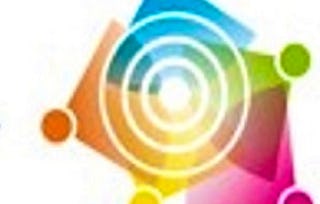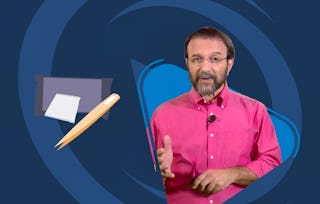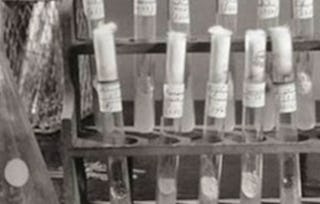Antimicrobial resistance is an increasingly pressing global concern. This course offers unique and comprehensive insights into the challenges posed by AMR, exploring its mechanisms, implications for public health and laboratory methods as well as tools for identification.

Antimicrobial resistance - theory and methods
Seize the savings! Get 40% off 3 months of Coursera Plus and full access to thousands of courses.

Antimicrobial resistance - theory and methods

Instructor: Rene S. Hendriksen
75,422 already enrolled
Included with
2,574 reviews
Recommended experience
What you'll learn
Prepare for a career with our Intermediate level course in understanding AMR.
Apply new skills to projects and portfolio.
Learn and develop in demand skills and relevant knowledge for identification of AMR and laboratory methods.
Learn the most up-to-date theoretical & practical skills in antimicrobial resistance identification and testing.
Details to know

Add to your LinkedIn profile
7 assignments
See how employees at top companies are mastering in-demand skills

There are 8 modules in this course
Instructor

Offered by
Explore more from Basic Science
 Status: Preview
Status: PreviewUniversity of Amsterdam
 Status: Free Trial
Status: Free TrialLecturio
 Status: Preview
Status: PreviewStanford University
 Status: Preview
Status: PreviewUniversity of Leeds
Why people choose Coursera for their career

Felipe M.

Jennifer J.

Larry W.

Chaitanya A.
Learner reviews
- 5 stars
74.90%
- 4 stars
20.94%
- 3 stars
3.61%
- 2 stars
0.27%
- 1 star
0.27%
Showing 3 of 2574
Reviewed on Feb 17, 2023
This course online course provides information which is not available on any others plate form, this COURSERA plate is much better than any other plate form. I'm impressed by this course.
Reviewed on Sep 11, 2018
It was a very helpful and useful course , I enjoyed it very much , but I hope to be more questions during video as in sometimes get boring and too much information, Thanks.
Reviewed on Oct 18, 2020
The lectures are carefully and properly selected to feature important principles, concepts, and applications. Each topic was covered in an understandable and easy manner.

Open new doors with Coursera Plus
Unlimited access to 10,000+ world-class courses, hands-on projects, and job-ready certificate programs - all included in your subscription
Advance your career with an online degree
Earn a degree from world-class universities - 100% online
Join over 3,400 global companies that choose Coursera for Business
Upskill your employees to excel in the digital economy

